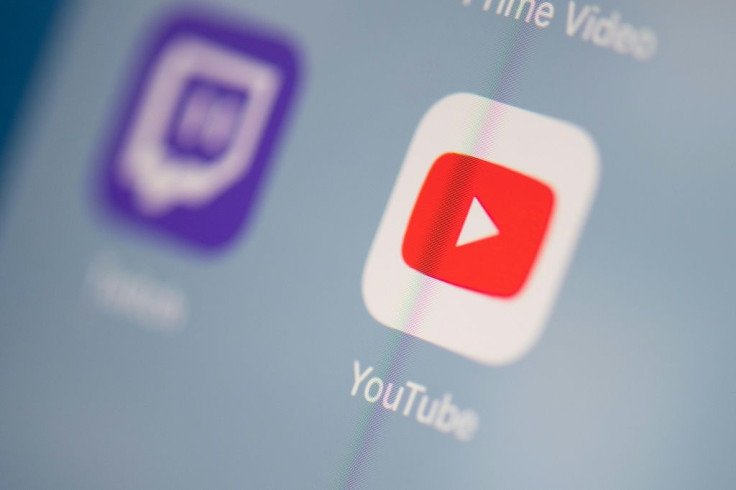YouTube To Roll Out Parent-approved Accounts For Tweens
YouTube on Wednesday said it will roll out new accounts that let tweens or young teens explore the streaming video service within boundaries set by their parents.
An early version of the offering will be released in coming months, letting parents use Google accounts to provide children YouTube access that comes with content and feature constraints, according to kids and family product management director James Beser.
The move responds to concerns about violence and other inappropriate content which may be viewed by minors on the massive video-sharing platform.
"We've heard from parents and older children that tweens and teens have different needs, which weren't being fully met by our products," Beser said in a blog post.
"We are announcing a new choice for parents who have decided their tweens and teens are ready to explore YouTube with a supervised account."
An "explore" option for parental control settings will feature videos considered suitable for children ages 9 and older, such as tutorials, gaming videos, music clips, news and educational content.
A second setting will allow children to access videos deemed appropriate for people ages 13 and older, and include live streams.
A "most of YouTube" setting will open viewing to a gamut of content on the global video sharing platform except for content that is age-restricted or involving sensitive topics only appropriate for older audiences.
"We know that every parent has a different parenting style and that every child is unique and reaches different developmental stages at different times," Beser said.

The options are designed for parents who are ready to give their children a bit more freedom on YouTube, but with limits, according to Beser.
"We will use a mix of user input, machine learning and human review to determine which videos are included," Beser said.
"We know that our systems will make mistakes and will continue to evolve over time."
Google-owned YouTube started out as a video-sharing platform for people at least 13 years of age but added a YouTube Kids option in 2015 with parental controls on content.
The platform has worked to address concerns and complaints about content accessible to children as well as the types of ads paired with what they view.
gc/rl
© Copyright AFP 2024. All rights reserved.





















